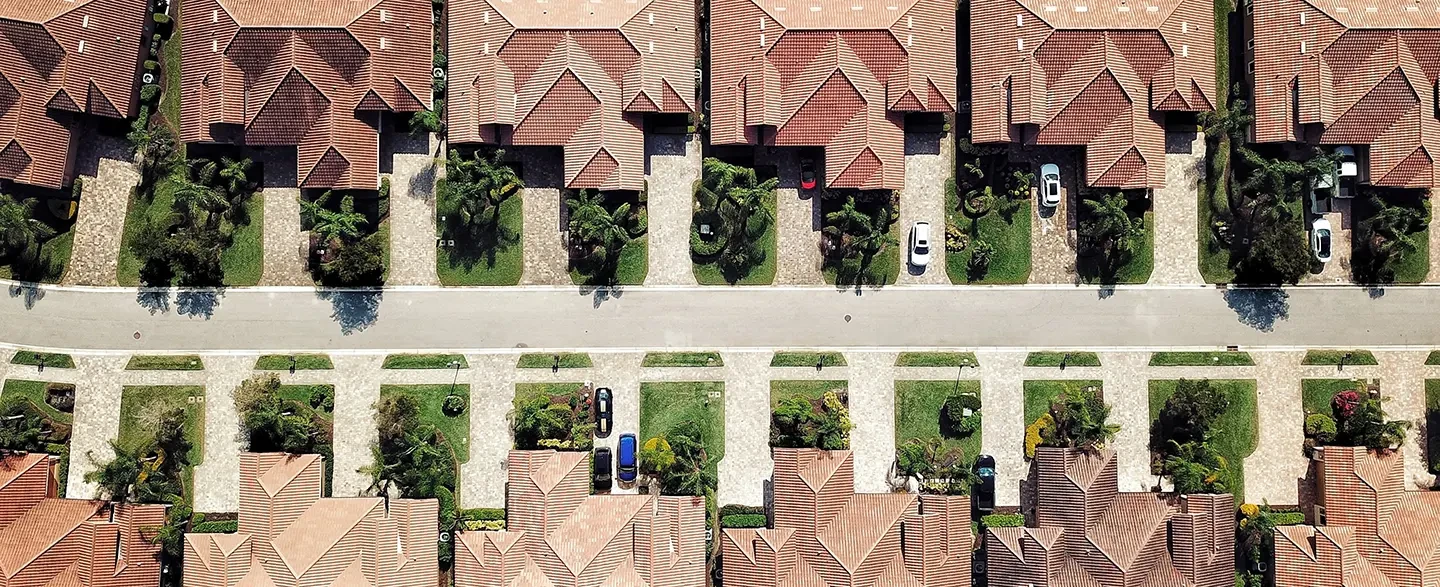GILLIS V. JACKSON SHORES TOWNHOMES ASSOCIATION, INC. 2ND DCA (No. 2D21-1610)
Receiving a violation notice from your Association can be an intimidating and confusing situation. However, there are multiple protections in place for property owners in Florida when it comes to association violations as well as proper notice required by the Association. A recent 2022 Florida decision from the 2nd District Court of Appeals has addressed these notices of violations and how an Association must follow certain rules or suffer serious consequences. This case (Gillis v. Jackson Shores Townhomes Association, Inc.) was centered around the deficiency of the Notice of Violation sent by the Jackson Shores Townhomes Association, Inc. to its member, Dale Gillis. Gillis sued his association to: (1) rescind the violation fine against him; (2) restore his access to Association amenities; and (3) reinstate him as a Board Director. Gillis based his request for relief on the fact that the notice of violation did not comply with the Association’s Governing Documents and Florida Statutes Chapter 720.
In Gillis, the issues with the Association began on December 5, 2017, when the Association’s property manager inspected Mr. Gillis’ property and allegedly found violations. The next day (December 6th), the property manager sent a violation letter to Mr. Gillis which included a $100 fine for the alleged violations. This letter also included instructions as to how to pay and due date for payment (December 31, 2017). Gillis raised objections to this fine which resulted in the Association removing him from the board and taking away his access to the Association’s’ amenities. The Association later sent a second letter to Gillis in February 2018 advising that he had fourteen (14) days to contest the previously imposed fine.
Due to the failure of the Association to send proper notice, Gillis filed an action in Highlands County Circuit Court where the court entered a judgment in favor of the Association. Gillis appealed this decision to the 2nd District Court of Appeal of Florida which reversed the trial court’s judgment in favor of the Association. Ultimately, this Appellate Court ruled that the Association did not follow the proper notice procedures.
In reversing the trial court ruling, the Appellate Court first analyzed the Declaration of the Association since it provides specific procedures for violations of the Governing Documents. The Court found that the Association was required to notify the members of alleged violations after 10 days of the discovery of the violation. This notice also gives the member a reasonable period to cure the alleged violations. Only after a member fails to cure, the Association is allowed to impose a fine. The Appellate Court agreed with Gillis’ position that the fine was imposed without meeting these requirements. First, the Association’s property manager imposed a fine one (1) day after discovering alleged violations. The Property Manager was required to wait 10 days to send such a notice.
Even with the Court’s determination that the Association violated their own violation & fining procedures, the Appellate Court also determined that the Association violated Florida Statute Section 720.305(2)(b). This Statute clearly provides various requirements for the Association to impose a fine or suspension on Gillis. First, the Association’s Board could not impose a fine on Gillis without first providing 14 days’ notice to him and an opportunity to be heard before a committee of at least three members. Furthermore, a fine cannot be imposed without it first being approved by the Association’s board or fining committee. Gillis did not receive a fourteen-day (14) notice that a fine was to be imposed on him. In actuality, Gillis received same-day notice of a fine levied against him from only the Property Manager. Gillis was also not given an opportunity to be heard before the Board or Committee as provided within this Statute. Finally, the fine was required to be approved by the Board or Committee but only the Property Manager authorized the fine. The Association attempted to argue that the February 2018 letter provided the proper notice to Mr. Gillis. The Appellate Court refused to hear this argument, since the fine was previously imposed in December of 2017. The Statute requires that the Notice be sent prior to the imposition of the fine. The Appellate Court disqualified the February letter as proper notice since the December letter imposed the fine and the February was just a reminder.
In conclusion, the Appellate Court determined that the Association’s notice of fining was not only in breach of the governing documents but also a violation of the Florida Statutes. The Appellate Court overturned the original decision of the trial court which resulted in the rescinding of the fine against Gillis, access to the Association’s amenities, and a Board position with the Association.
Homeowners should review their association’s governing documents and enforcement process of an alleged violation. A challenge to the process can protect a homeowner's rights and property interests when appropriate. It can also protect members from a homeowners' association that has overstepped its bounds or has only selectively enforced various rules and regulations. If you ever receive a Notice of Violation, talk to one of our Association attorneys to learn more.

Tell Us About Your HOA Dispute
When you hire LS Carlson Law, you can be assured you’ll be getting an aggressive law firm fully dedicated to achieving your legal objectives. Don’t take our word for it, we encourage you to take a look at the numerous five-star client reviews. If you are ready to end the nightmare with your homeowner association, call us now or fill out the form to set an appointment.


